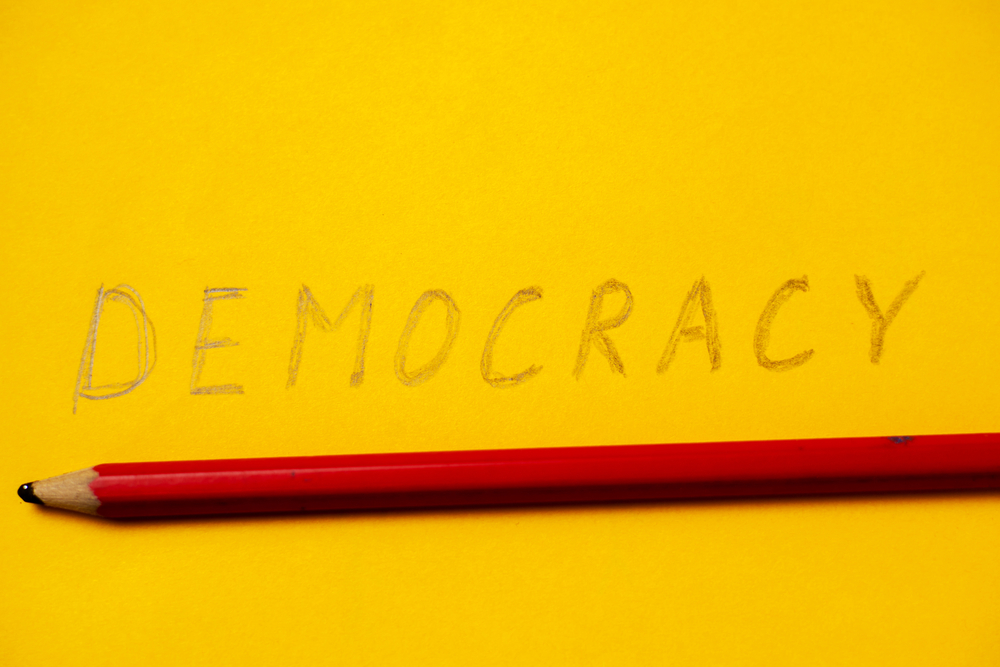In The Wealth of Nations, Adam Smith famously wrote of humanity’s “propensity to truck, barter, and exchange one thing for another.” Smith noted that trade is a characteristic mark that distinguishes humankind from all other creatures:
“It is common to all men, and to be found in no other race of animals, which seem to know neither this nor any other species of contracts. (…) Nobody ever saw a dog make a fair and deliberate exchange of one bone for another with another dog. Nobody ever saw one animal by its gestures and natural cries signify to another, this is mine, that yours; I am willing to give this for that.” [Emphasis added here and henceforth.]
In the blockbuster 2015 book Sapiens, Yuval Noah Harari pointed out that our species has conducted intergroup trade for tens of thousands of years, but that other species of hominids never did:
“Archaeologists excavating 30,000 year old Sapiens sites in the European heartland occasionally find there seashells from the Mediterranean and Atlantic coasts. In all likelihood, these shells got to the continental interior through long-distance trade between different Sapiens bands. Neanderthal sites lack any evidence of such trade. Each group manufactured its own tools from local materials…”
He argues that this is what gave homo sapiens a decisive competitive advantage over our distant cousins, who in some cases actually had bigger brains than us.
However, Harari is not the first to make this argument. In his 2010 book The Rational Optimist: How Prosperity Evolves, Matt Ridley made and elaborated on the same point and the same argument. Ridley also noted the archaeological evidence of far-flung trade networks among homo sapiens.
Ridley helpfully distinguishes between true trade and the other kinds of reciprocity that occur throughout the animal kingdom:
“I am not talking about swapping favours — any old primate can do that. There is plenty of ‘reciprocity’ in monkeys and apes: you scratch my back and I scratch yours. (…) Such reciprocity is an important human social glue, a source of cooperation and a habit inherited from the animal past that undoubtedly prepared human beings for exchange. But it is not the same thing as exchange. Reciprocity means giving each other the same thing (usually) at different times. Exchange — call it barter or trade if you like — means giving each other different things (usually) at the same time: simultaneously swapping two different objects. In Adam Smith’s words, ‘Give me that which I want, and you shall have this which you want.’”
Inventing inter-band trade was quite an achievement, Ridley remarks, especially given:
“…the homicidal relationships between tribes. Famously, no other species of ape can encounter strangers without trying to kill them, and the instinct still lurks in the human breast. But by 82,000 years ago, human beings had overcome this problem sufficiently to be able to pass Nassarius shells hand to hand 125 miles inland.”
Ridley compares the trade networks of our ancestors to the isolationism of Neanderthal bands:
“This is in striking contrast to the Neanderthals, whose stone tools were virtually always made from raw material available within an hour’s walk of where the tool was used. To me this is a vital clue to why the Neanderthals were still making hand axes, while their African-origin competitors were making ever more types of tool. Without trade, innovation just does not happen. Exchange is to technology as sex is to evolution. It stimulates novelty.”
“The remarkable thing about the moderns of west Asia is not so much the diversity of artefacts as the continual innovation. There is more invention between 80,000 and 20,000 years ago than there had been in the previous million. By today’s standards, it was very slow, but by the standards of Homo erectus it was lightning-fast. And the next ten millennia would see still more innovations: fish hooks, all sorts of implements, domesticated wolves, wheat, figs, sheep, money.”
Neanderthals were individually stronger than us and had bigger brains. They were clever enough to make tools and weapons, to speak, to think conceptually, to create art, and to develop culture. But, they were incapable of trade relations outside the familial band, and that doomed them to many millennia of economic and technological stagnation.
Ridley also discusses another hominid species who used basically the same hand axe technology for a million years:
“By the time of the Boxgrove horse butchers, their ancestors had been making it to roughly the same design — hand-sized, sharp, double-sided, rounded — for about a million years. Their descendants would continue to make it for hundreds of thousands more years. That’s the same technology for more than a thousand millennia, ten thousand centuries, thirty thousand generations — an almost unimaginable length of time.”
“Not only that; they made roughly the same tools in south and north Africa and everywhere in between. They took the design with them to the Near East and to the far north-west of Europe (though not to East Asia) and still it did not change. A million years across three continents making the same one tool. During those million years their brains grew in size by about one-third. Here’s the startling thing. The bodies and brains of the creatures that made Acheulean hand axes changed faster than their tools.”
Ridley characterizes the rise of Homo sapiens as follows:
“Then there appeared upon the earth a new kind of hominid, which refused to play by the rules. Without any changes in its body, and without any succession of species, it just kept changing its habits. For the first time its technology changed faster than its anatomy. This was an evolutionary novelty, and you are it.”
For this reason, Ridley nicknames us Homo dynamicus. This dynamism did not come from our large individual brains, which again was not unique. According to Ridley, our massive “collective brain,” the spontaneous-order quasi-intelligence that emerged out of vast trade networks. This giant collective brain may in turn, however, be a product of an evolutionary “non-size” upgrade in our individual brains that gives us the capacity to make “this-for-that” exchanges.
Trade among homo sapiens led to the first-ever division of labor among strangers, which fostered intense specialization, and thus expertise. This expertise, this large-scale economic cooperation among strangers, and the intergroup exchange of technological ideas across far-flung networks of minds stimulated and maintained a rapid accumulation of technologies that, for the first time ever, persisted across generations.
Our ever-improving toolkits, plus the productive efficiencies of the division of labor itself, led to the first appearance of “progress” on the planet. For the first time in the history of life on earth, cultural evolution outpaced biological evolution.
And it all stems from our capacity to trade. Adam Smith was onto something. Trade is what makes us human. Perhaps the most apt name for our wondrous species would be Homo cattalactus.
This article was originally published at FEE.org. Read the original.












